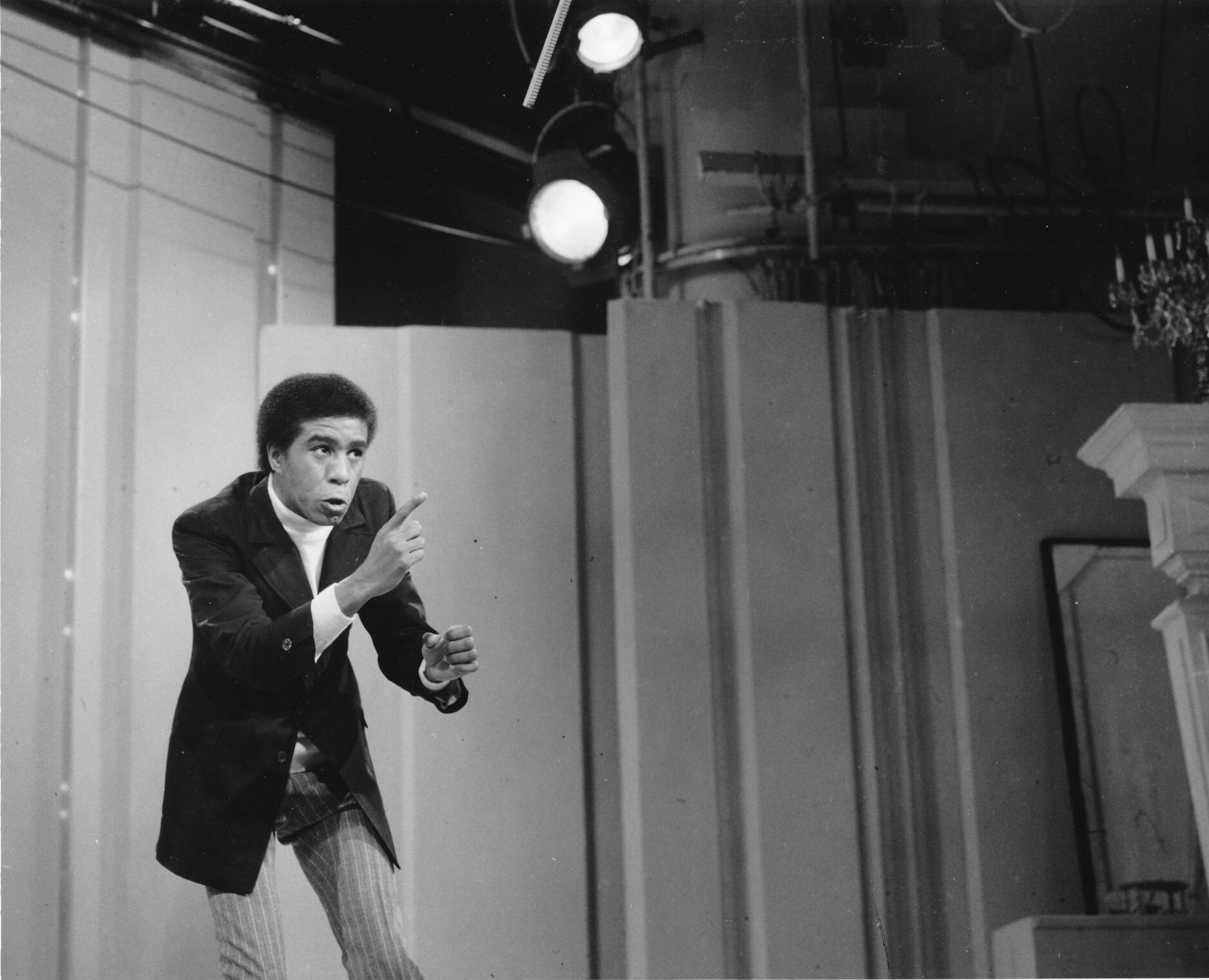
This May marks the 60th anniversary of Richard Pryor’s debut on The Ed Sullivan Show, a milestone in comedy history. Pryor, who would go on to become one of the most influential and revered stand-up comedians of all time, first graced American television screens on Sullivan’s stage on May 9th, 1965. At the time, he was a fresh-faced performer with a clean-cut style, inspired by Bill Cosby’s observational humor and safe, agreeable jokes. However, just a few years later, Pryor underwent an absolute transformation, one that would change not only his career but the entire stand-up comedy world.
In the early to mid 1960s, Richard Pryor was an up-and-coming comedian trying to carve a niche in the stand-up scene. His numerous performances on The Ed Sullivan Show spanning several years introduced him to a national audience. Sullivan’s stage was one of the most prestigious platforms for entertainers, and a successful performance could catapult a comedian to mainstream success. Pryor’s sets were well-received; he delivered polished jokes with impeccable timing, relying on a style reminiscent of Bill Cosby’s clean, family-friendly storytelling. At this stage in his career, Pryor was focused on broad appeal, steering clear of controversial or deeply personal material.
Yet, while he found moderate success with this approach, something was missing. While well-executed, Pryor’s performances lacked the raw authenticity that would later define his legacy. As the cultural and political climate of America shifted in the late 1960s, so too did Pryor’s comedic voice.
By 1967, Pryor had begun to feel constrained by the limitations of his early material. He recognized that the wholesome, mainstream-friendly humor he had been performing was not an accurate reflection of his life experiences, thoughts, or emotions. That year, during a performance in Las Vegas, he famously walked off stage mid-set, overwhelmed by an existential crisis about his comedic identity. He knew he couldn’t continue down the same path.

What followed was a period of reinvention. Pryor retreated from the spotlight, immersing himself in self-discovery and drawing inspiration from the raw, unfiltered realities of life as a Black man in America. He delved into his own struggles, his upbringing in Peoria, Illinois, his experiences with racism, and the complexities of human relationships. When he returned to the stage, he began to shift away from the buttoned-up persona we had seen on The Ed Sullivan Show. By the mid 1970’s he emerged as an unapologetic truth-teller, unafraid to explore taboo subjects with wit, and honesty.
Richard Pryor’s comedy during this time was groundbreaking. He spoke openly about race, poverty, drug addiction, and personal failures, topics that were rarely addressed with such candor in mainstream comedy. His use of vivid storytelling, and physical comedy set him apart, making his performances feel less like traditional stand-up routines and more like theatrical experiences. Furthermore, his comedy albums cemented his reputation as a fearless social commentator.
What made Pryor’s transformation so powerful was his ability to infuse heavy, often painful topics with humor. He didn’t just joke about race relations, he held up a mirror to America, making audiences confront uncomfortable truths while laughing at the absurdity of it all. His ability to balance vulnerability and humor made him one of the most compelling performers of his time.
Today, Richard Pryor’s influence is still deeply felt in the world of comedy. His willingness to push boundaries paved the way for countless comedians, including Eddie Murphy, Robin Williams, Dave Chappelle, George Carlin, and Kevin Hart. However, his impact extends far beyond any one group, he revolutionized the very art of “boundary-pushing” in comedy, a legacy that comedians of all backgrounds continue to build upon. He proved that comedy could be more than just entertainment, it could be a powerful tool for social commentary and self-expression.As we celebrate 60 years since his Ed Sullivan Show debut, we recognize that moment as the beginning of a journey that would redefine comedy forever. While that 1965 performance may not have showcased the raw, groundbreaking Pryor we now revere, it was a stepping stone that led him toward his true artistic voice. And for that, we honor his legacy, not just as a comedian, but as a cultural icon who forever changed comedy. Richard Pryor wasn’t just funny, he was fearless.
